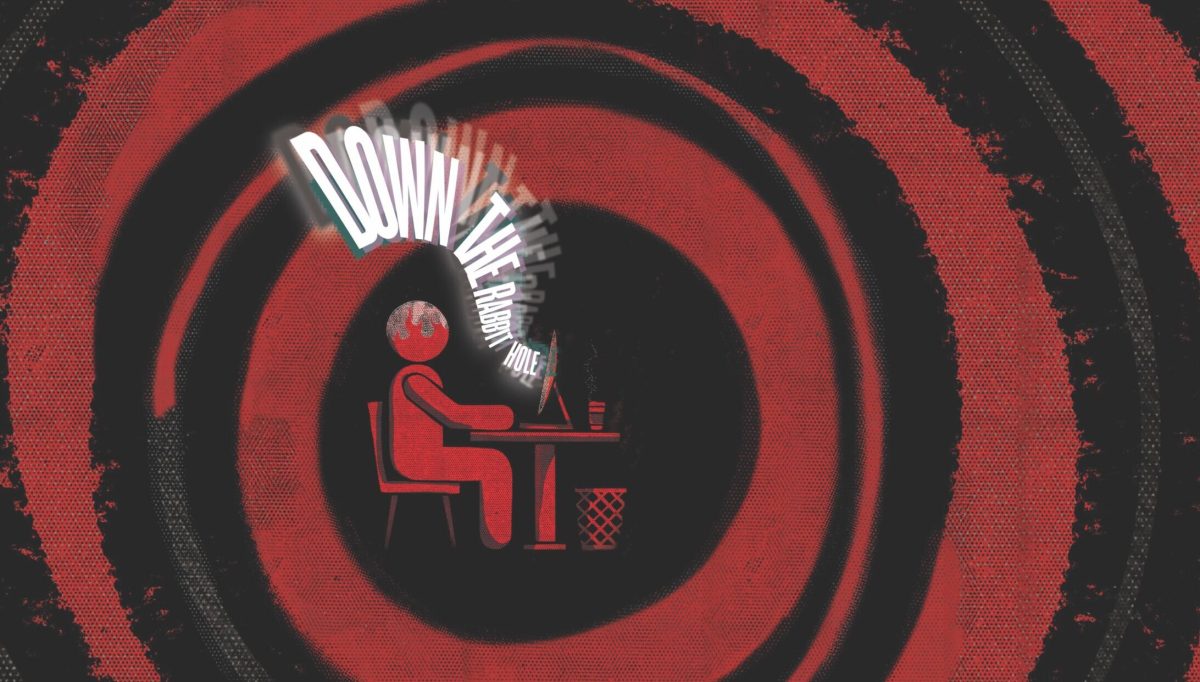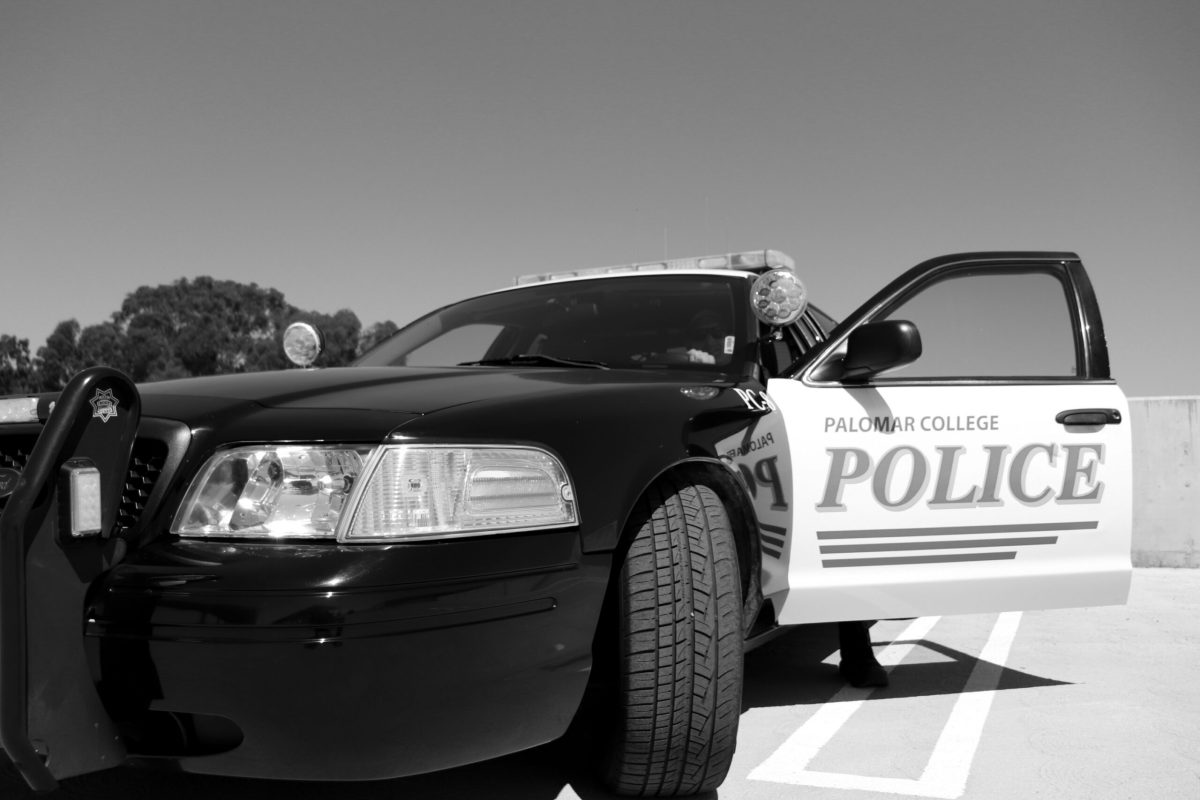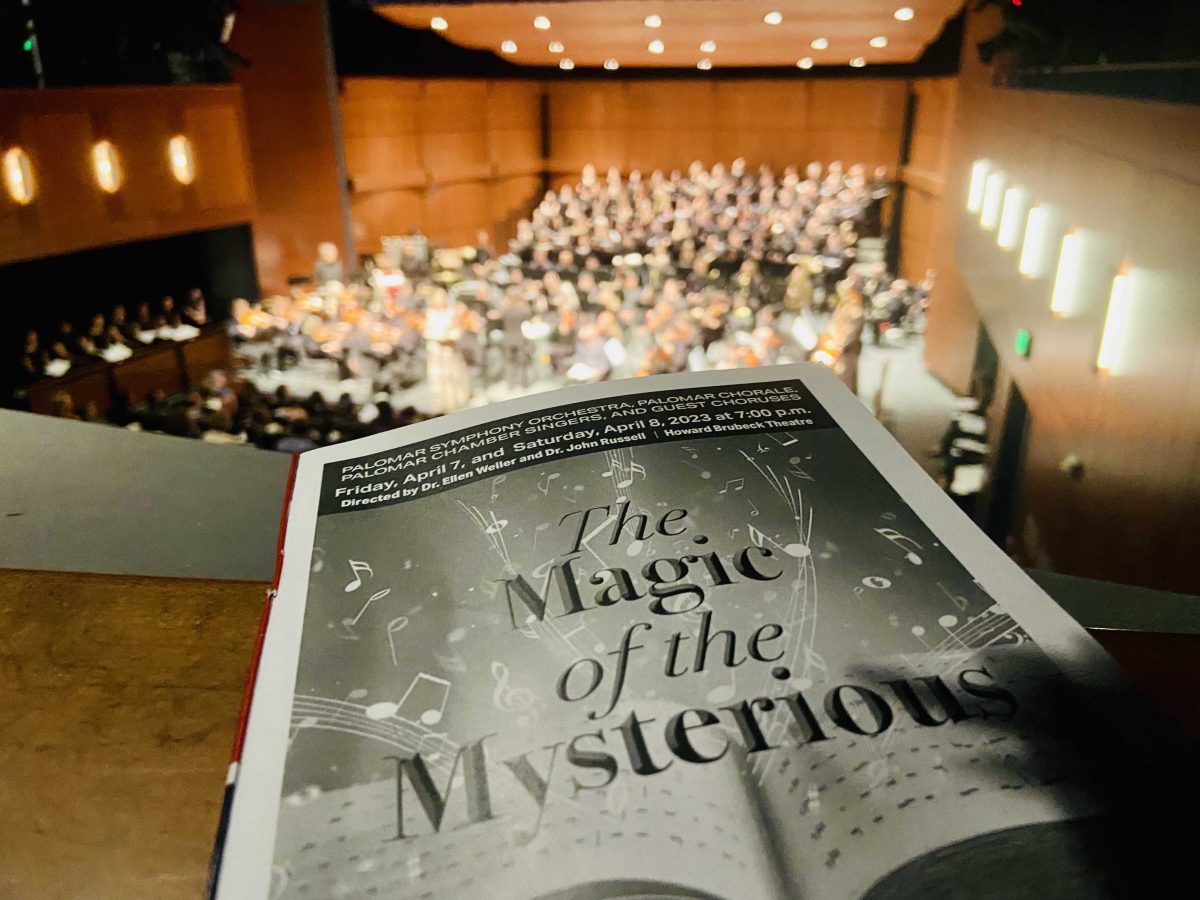Ty Segall released his second self-titled album this year with a change in style and pace but not necessarily for the best.
Prolific singer-songwriter and multi-instrumentalist, Ty Segall, released this new album Jan. 27 and self-titled it as a statement that he is not the same artist he was nine albums ago. However, this latest release is a mixed bag of great highs and lows for the artist.
On this latest project, Segall hinders himself with tracks such as “Break A Guitar” and “Freedom” as he strays from the strong songwriting and great experimentation seen on his acclaimed 2016 release, “Emotional Mugger.”
The moments of genius on this album can be found at the core with softer tracks such as “Talkin’”and “Orange Color Queen” where Segall takes on an inventive approach as he mixes his many retro influences with style all his own while contrasting it with heavier tracks such as “Warm Hands (Freedom Returned),” “The Only One” and “Thank You Mr. K.”
Segall juxtaposes the sounds of a calm night’s bonfire with an apocalyptic, angel dust induced, psychotic episode.
On “Talkin” Segall rides bluesy guitars, soulful drums and saloon piano notes with an upfront vocal performance as he delivers blunt lyrics about friendship, slander and self projection.
On “Orange Color Queen” Segall perfects a glistening track with romantic glee as he describes his orange lady as “the silver lips of honey” and “my cherry fizzle sundae,” painting nostalgic feelings with boyish charm over smooth and inventive instrumentation.

From the first moment of “The Only One” Segall instantly changes the album’s pace with a heavy vocal performance with a mix of dynamic, driving, distorted guitars and heavy, crushed drums.
Segall performs on “Thank You Mr. K” with higher velocity, less distortion, and grotesque lyrics creating a psychedelic atmosphere as Segall harmonizes with his smooth, fast guitars.
With “Warm Hands (Freedom Returned)” Segall proves his ability to mix his down tempo side with his heavy, rustic side as he uses dynamic pacing.
The dynamic guitar riffs and guiding drums blend with Segall’s diverse vocal performance and lyricism. He manages to keep the listener entertained with new and innovative material.
While listeners can find enjoyment in more than half of these tracks this album is far from perfection. Overall this album feels rushed as Segall chose quantity over quality.
The strongest part about 2016’s “Emotional Mugger” was Segall’s choice to spend 17 months developing the album. Listeners could feel the passion put into every formless, ingenious moment.
“Emotional Mugger” had a unique and surprising sound. Every second was filled with dynamic vocalization, instrumentation and well developed lyrics.
In comparison, Segall only spent 12 months developing his current album.
Had Segall spent an extra five months combing through and refining the faults of his self titled album, as he did with his prior, he could’ve easily have released something as great as “Emotional Mugger.”























































